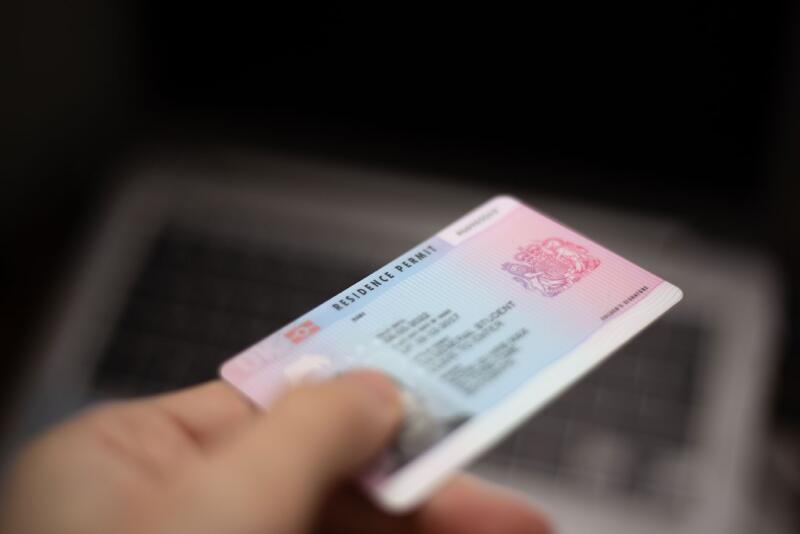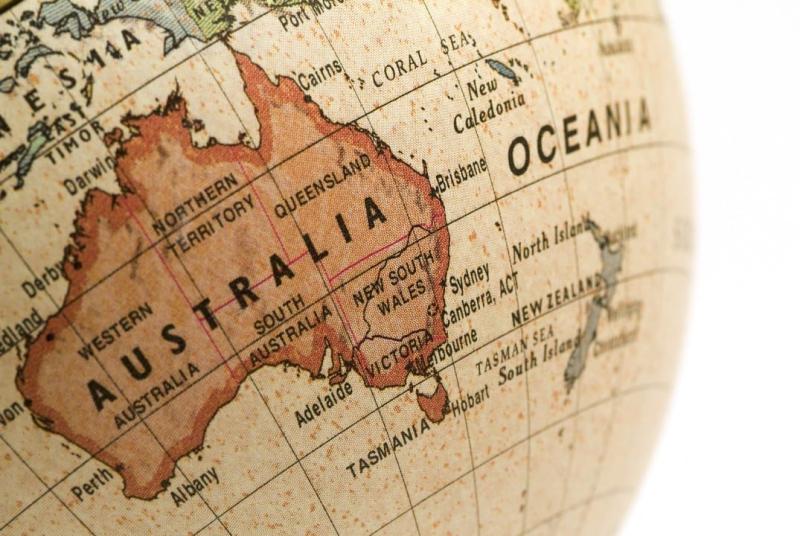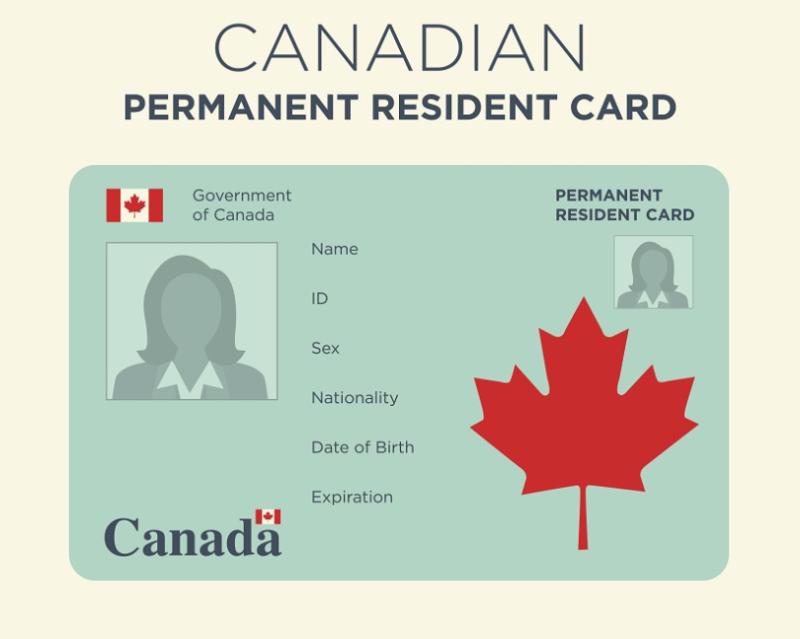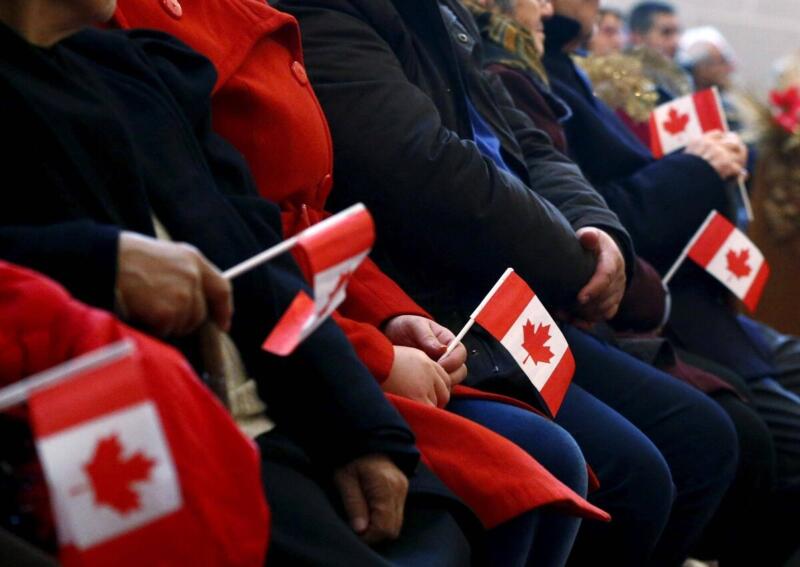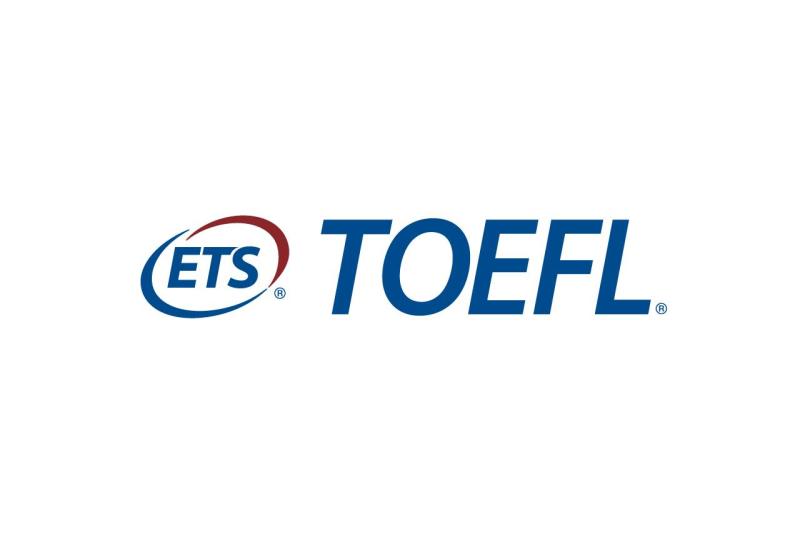Will you soon become an international student in Canada? As the globe of prospects makes space for you, every international student must understand some important laws and guidelines. These new laws for international students in Canada are not concerning limiting their skills.
Instead, they are a location that will offer easy study and cultural skills and organize you for success while you reside in Canada. Therefore, if you want to understand all the new modifications carried out or soon to be made by the Canadian administration for international students in 2024, this article is for you.
Table of Contents
5 New Rules For International Students in Canada
Rise in Cost of Living
The new expense of living conditions of $20,635 on top of the 2024 tuition and trip cost for a Canada study permit has existed for every candidate applying on or after 1st January 2024.
Again, the number of accompanied relatives by an international student increases the demanded living costs. In the past, this was placed at $10,000 in 2000 and never increased, allowing international students to struggle to satisfy their fundamental needs.
| Number Of Relatives, Which Includes The Candidate | Sum of Funds Needed Annually Excluding Tuition |
| One (1) | $20,635 CAD |
| Two (2) | $25,690 CAD |
| Three (3) | $31,583 CAD |
| Four (4) | $38,346 CAD |
| Five (5) | $43,492 CAD |
| Six (6) | $49,051 CAD |
| Seven (7) | $54,611 CAD |
| More than seven people, each family relative | $5,559 CAD |
Limit The Number of International Students Moving to Canada
It is currently primarily understood, but it is still essential to repeat that Canada has restricted visas for international students, lowering the number of permits by almost 35%. Canada will only approve up to 606,250 applicants in 2024, with the plans to authorize only 360,000 new study permits in 2024. Therefore, before applying for a permit, ensure you understand the limit on the number of international students in Canada.
Exemption
This limit on the number of international students does not have to do with the following:
- New study permit requests or prolongment from within Canada.
- Study permit request to study at the primary or secondary education level
- Study permit requests to learn in a graduate program course at the Master’s or doctorate status.
New Provincial Attestation Letter Prerequisite
Many new study permit requests are presented after 8:30 a.m. East Standard Time (Toronto time) on 22nd January 2024 requires a provincial attestation letter from the region or territory where they intend to study.
The procedures for allocating Provincial Attestation Letters at the regional or territorial level are yet to be established. The national administration is anticipating the provincial attestation letter procedure to be in place by 31st March 2024.
Should you find this piece engaging, we kindly invite you to explore the wealth of content in our other articles:
- How to Increase Your Chances When Reapplying for Scholarships
- International Scholarships by the World’s Top Universities
- UK Announces Free Visa, N10 Million Offer to Nigerian Graduates Ready to Relocate
- Scholarships and Bursaries Available for New International Students in Canada
- Meti Japanese Internship Program 2024 For International Students
Exemption
This provincial attestation letter condition for a new study permit request is not relevant if you are making an application:
- To study in a preschool, primary, or secondary education till grade 12.
- To study in a master’s program or doctoral course program
- For study permit prolongment from inside Canada.
Spousal Open Work Permit Qualification Modification
In the coming weeks, open work permits will only be provided to spouses of international students seeking master’s and doctorate programs.
Spouses of international students with other education statuses, which include undergraduate and institutional courses, will no longer be qualified.
Who Can Obtain an Open Work Permit
- Qualification is restricted to the spouses and common-law partners of students in master’s and postgraduate and professional courses awarding degrees only.
- When these modifications are in progress, spouses and common-law partners of international students pursuing to prolong their existing work permits will proceed to be qualified under this stream.
Those Not Qualified For an Open Work Permit
- The spouses and common-law partners of international students in other levels of study, including undergraduate and college courses, will only be qualified for an open work permit if they already have an available work permit under this stream.
Modifications to Post-graduation Work Permit Qualification
Beginning on 15th February 2024, the individuals who conclude a master’s course in not up to 24 months and satisfy every other Post-Graduation Work Permit qualification requirement will be qualified for a more extended 36-month post-graduation work permit.
The duration of postgraduate work permits for courses other than master’s programs to stay constant with the duration of the study course, up to a maximum of 36 months.
Who is Eligible For a Prolonged PGWP?
Graduates of a minimum of 24-month courses in post-graduation Work Permit eligible, authorized learning institutions, and graduates of master’s program courses staying for less than 24 months are qualified for a 36-month post-graduation work permit.
Again, beginning 1st September 2024, international students who start a study course as an aspect of a curriculum licensing arrangement will no longer be qualified for a postgraduate job permit after the conclusion of their studies.
Who is Qualified For a Post-graduation Work Permit After The Conclusion of a Public-private Partnership College Course?
- Registered international students will stay qualified for a post-graduation work permit if they satisfy other program qualification measures.
Who is Not Qualified For a PGWP After Conclusion From a Public-private Partnership College Course?
- New students registering for this course will not qualify for a PGWP.

